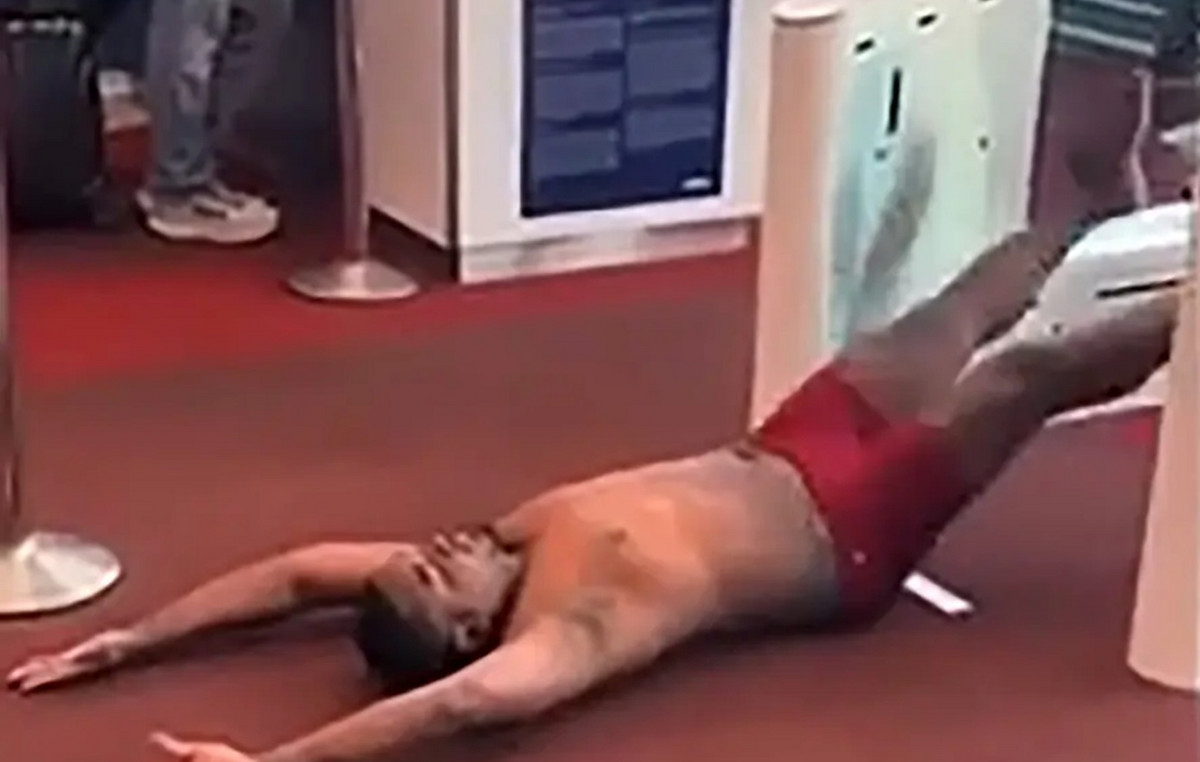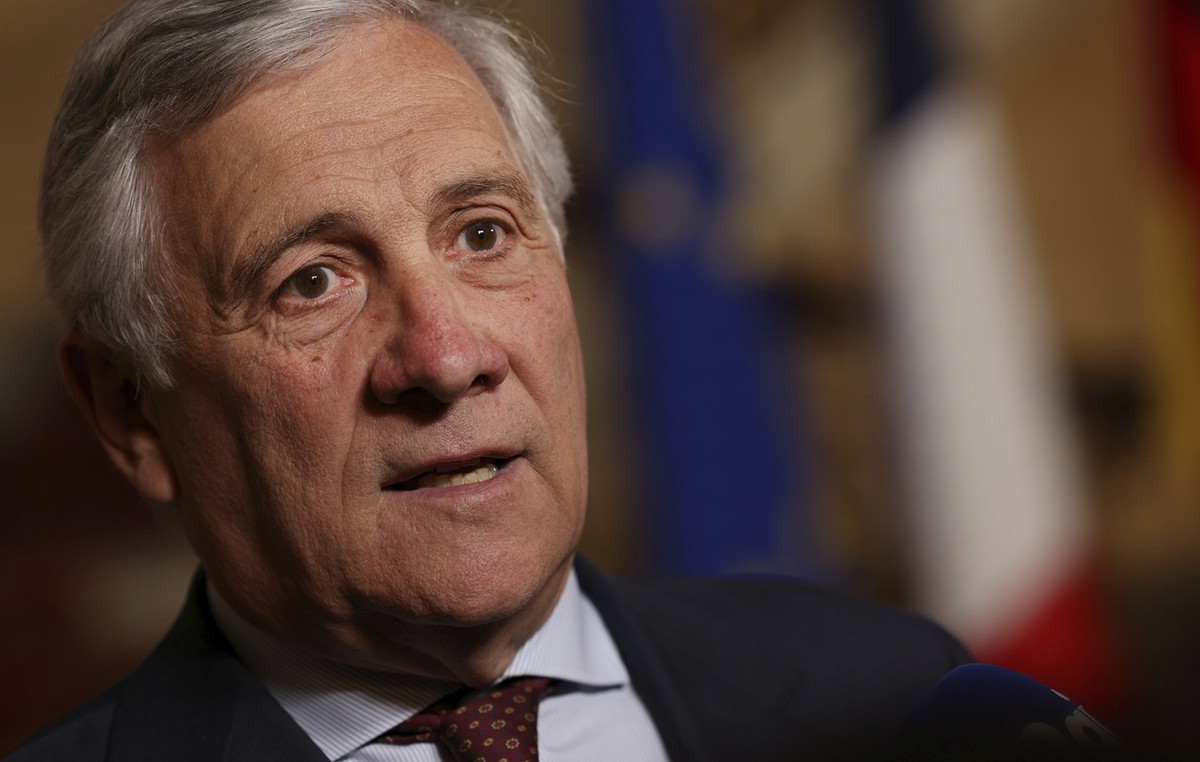Increases. This is the key word. Everything seems to cost more. Everything costs more. Salaries have lost purchasing power due to inflation and filling a shopping cart takes away a large part of the salary, especially for those with lower incomes. In its annual report, Istat speaks of a generalized impoverishment, which has especially affected the less well-off sections of the Italian population. There are 5.75 million people in absolute poverty, 9.8% of the population, and it is the highest percentage recorded in the last 10 years.
The one that is called inflation tax it especially affects less wealthy families. It happens because these families dedicate a greater share of spending to categories of goods, such as food, which have seen prices increase more.
You buy less, but you spend more. The Mediobanca Research Area presented the data from the Observatory on Italian and international large-scale retail trade a few weeks ago. The drop in income has led to the choice to shop at discount stores. Their market share in Italy went from 18.9% in 2019 to 23% in 2023.
Expense
Altroconsumo publishes a savings guide to supermarkets every year. Taking as a measurement a couple with 2 children, who, according to Istati data, spends an average of 8,548 a year on groceries, they spend up to 3,455 euros purchasing the cheapest products on sale in discount stores according to the survey presented in 2023.
If you choose to shop with branded products, the most convenient chains, at the time of the surveys, were Esselunga Superstore and Famila Superstore, followed by Ipercoop, Pam and Spazio Conad. If you choose cheap products, the discounters win: in order In's Mercato, Aldi, Dpiù, Eurospin and Prix Quality. First among the Esselunga supermarket chains, the price gap compared to the cheapest discount store is 12%.
Telepass
A fare increase has been announced for the month of July. The Basic fee, already called Family, will no longer cost 1.83 euros per month. It will cost 3.90 euros per month including VAT, but with the possibility of activating two associated plates. The Plus, at 4.90 euros per month. Prices practically double. With the Telepass you also pay for affiliated car parks, entry into Area C of Milan and the ferry to Sicily. There is also Pay per Use: 1 euro on the day of use, 10 euros for activation and two plates can be connected to each device. You can withdraw from the contract without costs by returning the device that is in the car (in person at the Telepass Store or by sending it to Telepass SpA – Via del Serafico 49 – 00142 Rome), after contacting customer support on 800 904 940 or sending a email to [email protected] or a certified email to [email protected] or fill out an online form specifying the request for contract closure.
There are alternatives thanks to an EU directive which has given the green light to other operators from November 2021. The alternative offers are UnipolMove and MooneyGo, owned by Enel and Intesa Sanpaolo. Let's see them in detail. UnipolMove has a promotion valid until 25 May 2024, which offers 12 months of free service and 1.50 euros per month for the first device and 1 euro for a second device. For the pay-per-use model you pay 0.50 euros per day only on days of use, with an activation fee of 10 euros. It is not valid abroad and does not cover Sicily. MooneyGo also has public transport and mobility services such as taxis and bike sharing: 1.50 euros per month, with an activation fee of 5 euros, while the pay-per-use formula costs 2.20 euros per month only in the months of use, with an activation cost of 10 euros. It does not cover Sicily.
Tari 2024
The municipal waste tax increases throughout Italy. In addition to increases due to inflation and the international economic situation, inefficiency and tax evasion weigh heavily. There are always too few who pay taxes. Arera, the regulatory authority for energy, networks and the environmenthas predicted increases of up to 14% for 2024, but no municipality should reach this: in Rome the increase should be 3%, in Milan 3.6%, which however follows drops in previous years, other municipalities arrive to charge between 6 and 8% more.
Source: Vanity Fair
I’m Susan Karen, a professional writer and editor at World Stock Market. I specialize in Entertainment news, writing stories that keep readers informed on all the latest developments in the industry. With over five years of experience in creating engaging content and copywriting for various media outlets, I have grown to become an invaluable asset to any team.







